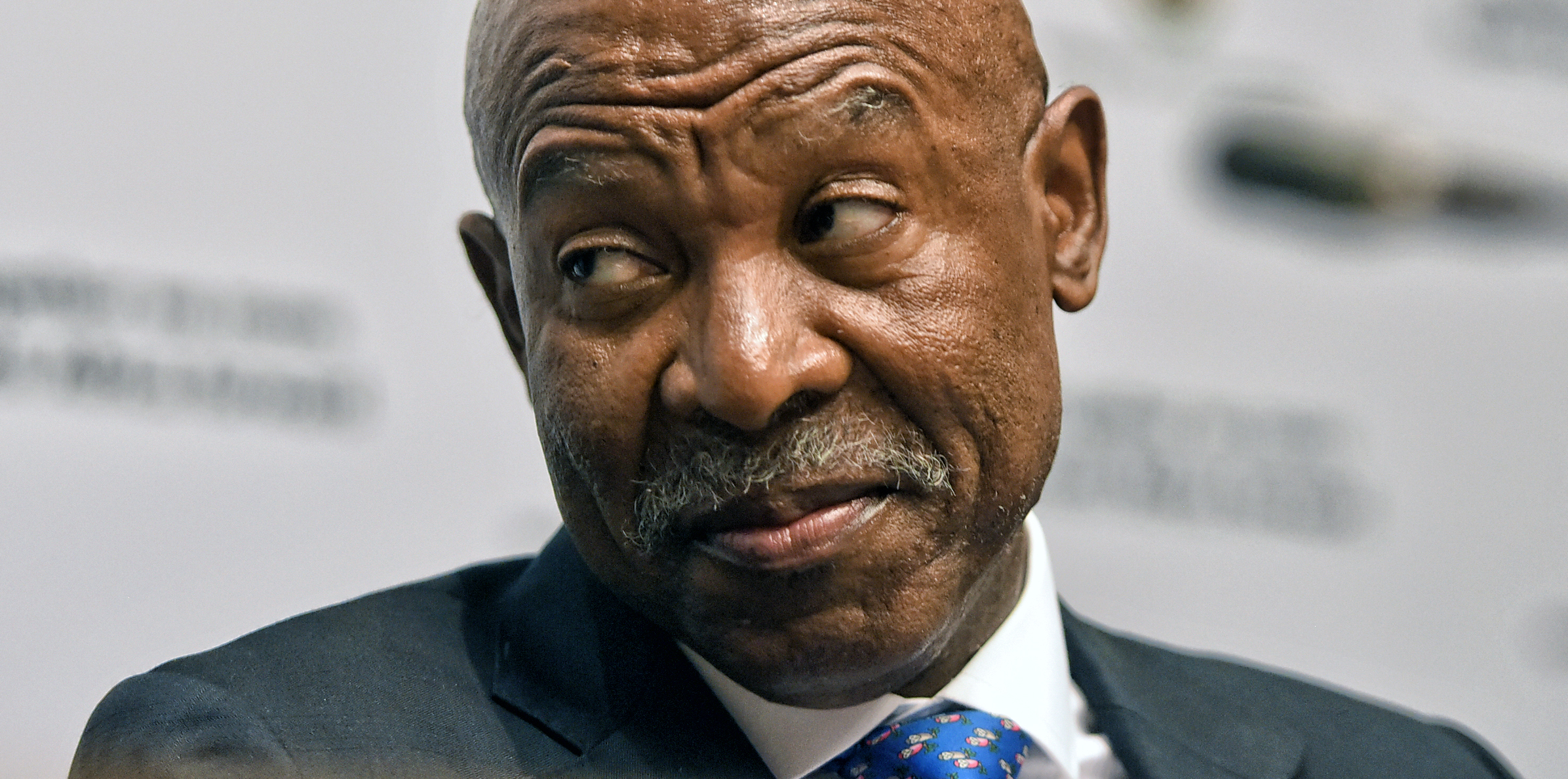To make the issue of nationalising the South African Reserve Bank (SARB) even weirder, if nationalising it doesn’t matter, then why did the rand once again fall out of bed when President Cyril Ramaphosa repeated at a political rally last week something that is already well-known ANC policy. Perhaps, after all, it does matter, but not in the way that economists or politicians are thinking about it at the moment.
On this theory, it might not matter now, but it’s a good example of the thin end of the wedge and it could end up being the first step down a road that leads to something that does matter.
Yet economists from the political left to the political right agree that buying out the private shareholders in the bank won’t and cannot affect how interest rates are decided and won’t affect the independence of the bank.
The private shareholders — a remnant of history who have caused all kind of unnecessary headaches for Reserve Bank governors down the years — have no say in the Monetary Policy Committee, which is the central, powerhouse body responsible for holding the economy together. John Ashbourne, senior emerging markets economist at Capital Economics says the move — which would bring the bank in line with global norms — would have no effect on the bank’s independence.
The SARB’s current ownership structure is, admittedly, somewhat unusual, he writes in a recent note to clients. The bank is entirely owned by private shareholders, each of whom is limited to a 0.5% stake.
This arrangement is uncommon (especially in emerging markets), but not unprecedented. Private investors own shares in other central banks, notably those of Brazil, Italy, Japan, Switzerland, Turkey and the United States. Outside the United States and SA the state usually controls a majority of the outstanding shares.
Shareholders do elect seven of the bank’s 15 directors, but the institution is managed by the governor and the executive directors, who are all already appointed by the government. Shareholders have no control over the make-up of the Monetary Policy Committee, which is appointed by the governor.
Ashbourne points out that comparatively, ownership is not a reliable predictor of independence.
“The fact that the list of privately owned central banks includes both the Bank of Japan — which is scrupulously independent — and Turkey’s CBRT — which is widely seen as being politically compromised — suggests that this ownership model does not inherently result in a certain degree of policymaking independence.”
The real guarantee of independence vests in Article 224 of the Constitution, which explicitly protects the bank from government interference. The ANC has not proposed changing this, and it would currently lack the necessary supermajority in Parliament even if it did.
That seems to close the issue. Unfortunately, there are two little remaining niggles. The one is that buying out the existing shareholders could end up being a real headache. Technically, the outstanding shares have a value of somewhere between R18-million and R100-million.
The problem, says Mike Schussler, an economist at economists.co.za, is that it might be possible to argue that the Reserve Bank does have a net asset value and that the price of the shares is being kept deliberately and artificially low. “It could conceivably cost tens of billions” and it’s quite likely to end in protracted litigation.
The other niggle concerns perceptions. The decision to “nationalise” the Reserve Bank is recognised by traders and investors not for its current functional aspect, but as a kind of symbol of the economics of both stereotypical and actual left-wing economic catastrophes.
Roelof Botha, the economic adviser to the Optimum investment group, says you put “nationalisation” and “Reserve Bank” in a single sentence and it conjures images of disastrous attempts at statist economic manipulation.
Botha would love to see interest rates 200 basis points lower and thinks SA’s current monetary policy stance is shocking. But even in these circumstances the independence of the Reserve Bank should be stoutly defended because doing otherwise creates unnecessary endemic risks.
He acknowledges that on the way to the election Ramaphosa has to guard his back.
But in end, it is historically demonstrated and internationally accepted that governments are too structurally biased in favour of growth to be in a position to judge ruling interest rates objectively — and therefore too likely to ignore early signs of inflation.
Consequently, without true Reserve Bank independence, everybody’s livelihood is at risk, particularly the poor, and it’s disappointing that Ramaphosa chose to make brash electoral promises rather than edify his followers on the topic. DM
This article is more than 6 years old
Business Maverick
Everybody’s livelihood is at risk, particularly the poor, if the Reserve Bank is not truly independent
The nationalisation of the Reserve Bank issue is a great example of a tautology; a logical statement in which the conclusion is equivalent to the premise. It’s commonly agreed that nationalising the bank doesn’t matter. But if so, then why do it? Or, alternatively, if so, then why not do it?





